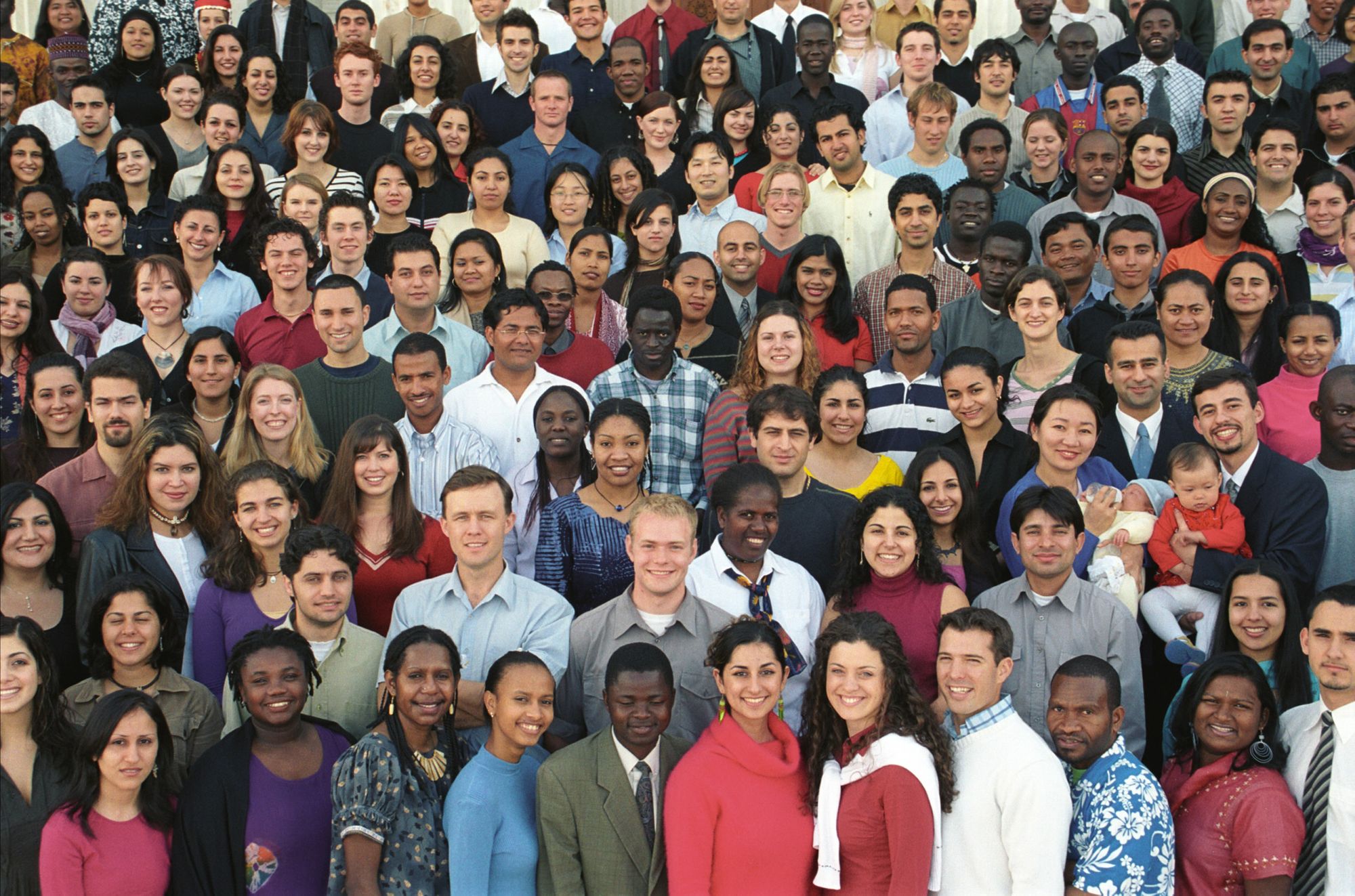Race peace—a term that encapsulates both the aspiration for and the pragmatic approach to achieving harmony among diverse ethnicities and cultures—lies at the heart of Baha’i teachings. The Baha’i Faith, rooted in principles of unity, emphasizes the importance of eradicating racial prejudice and fostering a global community wherein acceptance and love prevail. This exposition serves to illuminate the Baha’i perspective on race, detailing the fundamental tenets and actionable guidelines that are foundational to the Baha’i commitment to racial unity.
Understanding Racial Prejudice
The Baha’i teachings assert that racial prejudice is a profound affliction of the human spirit. It disrupts societal equilibrium and undermines collective progress. The Baha’i writings delineate this prejudice as an artificial construct, perpetuated by ignorance and fear rather than inherent differences among peoples. Accordingly, to transcend racial divides, Baha’is are encouraged to cultivate a profound understanding of the oneness of humanity—a core principle that promotes the idea that all people are interconnected and deserving of respect and dignity.
Principles of Oneness
Central to Baha’i thought is the concept of the oneness of humanity, which posits that while individuals may exhibit diverse characteristics, fundamentally, all share a common origin. This principle necessitates a paradigm shift in how race is perceived globally. In the spirit of unity, diversity should be embraced rather than feared. It is through acknowledging the richness that various cultures bring to the world that societal harmony can flourish. The Baha’i community actively promotes this philosophy through educational initiatives that emphasize the importance of understanding and appreciating cultural differences.
Education as a Catalyst for Change
The Baha’i commitment to education underscores its power as a transformative force against prejudice. Baha’is advocate for educational programs that not only convey knowledge but also instill virtues of equity and justice. Such educational initiatives aim to equip individuals with the capabilities necessary to challenge existing prejudices. They also foster critical thinking and empathy, essential ingredients for nurturing global citizenship. Through this lens, the Baha’i community endorses the role of youth as formidable agents of change, instilling values that future generations will carry forward.
Community Building and Engagement
Active participation in community life is another pathway the Baha’is embrace to combat racial strife. Local gatherings and consultations serve as invaluable platforms where individuals from different racial and cultural backgrounds can come together. Dialogue, an esteemed Baha’i principle, promotes an environment conducive to understanding and healing. By engaging in constructive conversations, community members can address grievances and transcend barriers that often exist due to misunderstanding and stereotyping.
Promoting Racial Harmony through Action
While principles provide a philosophical framework, action galvanizes these ideals into tangible impact. The Baha’i teachings encourage proactive measures, such as organizing interfaith dialogues, community service projects, and cultural exchanges. Such actions not only dismantle walls of division but also foster relationships built on trust and mutual respect. They illustrate the Baha’i commitment to racial unity as a lived reality, demonstrating that peace is not merely an aspirational goal, but rather, a feasible endeavor rooted in collaborative efforts.
Engaging with Broader Social Issues
The challenge of racial unity transcends interpersonal dynamics; it intersects with broader societal issues, including systemic inequality and institutionalized racism. Baha’is are encouraged to advocate for equitable laws and policies that reflect the principles of justice and equity. This advocacy is vital in addressing the injustices that overshadow the quest for racial harmony. By participating in movements that strive for social justice and equity, Baha’is embody the faith’s commitment to creating a society that not only respects diversity but actively uplifts marginalized voices.
Spiritual Dimensions of Racial Unity
On a spiritual level, the Baha’i Faith asserts that the struggle for racial unity is fundamentally a spiritual endeavor. The teachings emphasize that true change begins within the individual heart. Through prayer, meditation, and reflection, Baha’is seek to cultivate the qualities necessary for overcoming prejudicial attitudes. The spiritual practice of fostering love, compassion, and understanding serves as a personal mandate that ultimately contributes to a more unified global society.
Contributions of the Baha’i Community
The Baha’i community continuously works on avenues to further dialogue and understanding across racial lines. The establishment of global and local institutions adheres to the principles of Baha’i governance, which inherently promotes inclusivity and participation. This structural commitment encourages a broad spectrum of voices, facilitating a collective approach to solving societal issues related to race. Furthermore, the Baha’i community’s unique perspective on race peace is a model that can inspire other faith traditions and social movements to adopt similar principles in their quest for unity.
A Call to Action
Ultimately, the Baha’i teachings offer a comprehensive framework that not only condemns racial prejudice but also advocates for a proactive approach to realizing racial unity. By embracing education, community engagement, and spiritual growth, individuals can harmonize their efforts towards creating a just society. This transformative journey—though fraught with challenges—has the potential to lead humanity towards a brighter, more unified future. The Baha’is, through their teachings and practices, set forth a path of collective responsibility—a pathway toward achieving true race peace.
